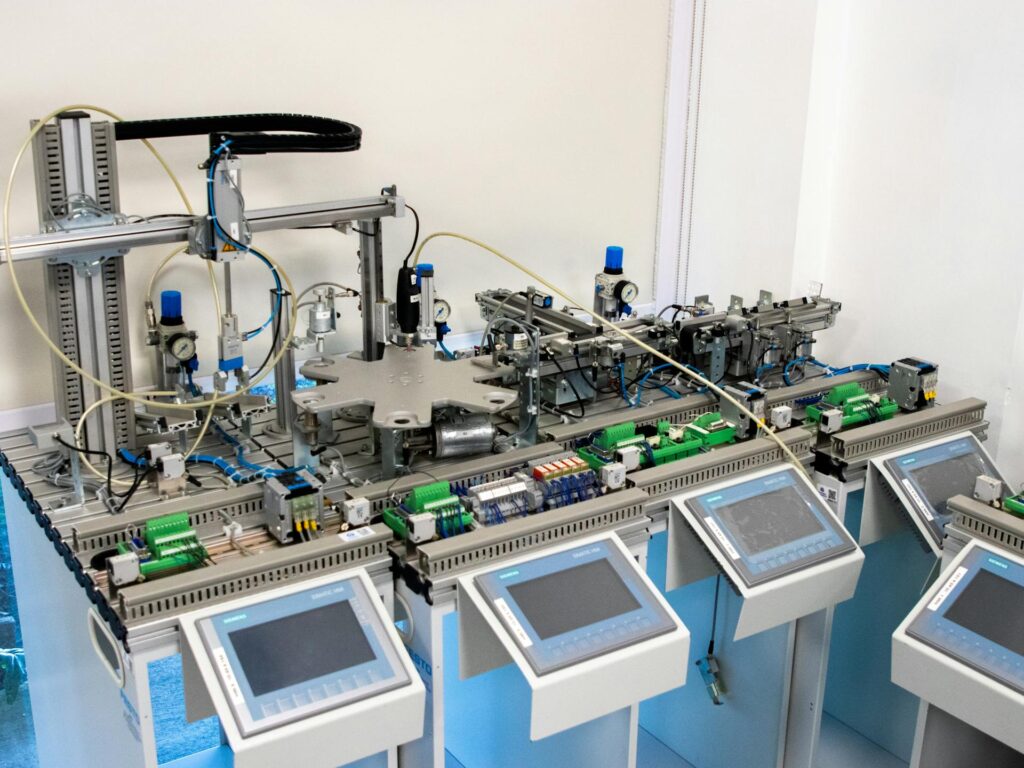In just a few short years, artificial intelligence has evolved from a futuristic concept to an emerging technology and is now a tool radically reshaping industries. Perhaps nowhere is AI’s impact more profound and immediate than in the field of electrical engineering. This discipline, which was already responsible for much of our modern technological infrastructure, is now at the epicenter of AI-driven innovation.
For professionals and employers in the electrical engineering space, the message is clear. If you haven’t embraced AI yet, now is the time to do so. The changes in the talent marketplace as AI meets electrical engineering have transformed the job market, along with industry hiring strategies.
Of course, all these changes mean new skills are in demand, and the talent pool is shifting. Here’s a look at what this all means for engineering jobs and 2025 tech talent recruitment.
The AI-Electrical Engineering Convergence
In some ways, electrical engineering was waiting for artificial intelligence to move out of research labs and into the mainstream. Few other fields are so ideally suited for AI or able to utilize its innovations. You can see the value of the AI-electrical engineering convergence in the energy infrastructure sector. Traditional power grids have transformed into intelligent, self-healing smart grids as AI algorithms forecast energy demand and optimize the integration of renewable resources.
Additionally, AI has given a significant boost to autonomous systems. Here, the algorithms process sensor data to make vehicles and drones smarter as they navigate the physical world. AI-powered electronic design automation (EDA) tools can shorten chip design cycles from years to months.
Skills That Are Reshaping the Talent Market
The widespread integration of AI into electrical engineering has naturally caused a shift in demand for specific skill sets in the talent market. Gone are the days when knowledge and experience in a single, siloed domain were enough.
Now, in 2025, the most sought-after engineers will be those who can bridge the gap between hardware and AI-powered software. Most prominently, recruiters seek electrical engineers with proficiency in the Python language, as it is the lingua franca of machine learning and data analysis.
Python is particularly important in embedded systems, so you’ll find extra high demand for these coders at companies that design or work with such hardware. Hiring managers also need cross-disciplinary talent across the board. The ideal candidate might be described as a combination of electrical engineer, data scientist, and AI specialist.
The 2025 Engineering Hiring Outlook
For the particular roles most sought after in the electrical engineering space in 2025, some of these job titles didn’t even exist just a few years ago: AI Systems Engineer, Robotics Hardware Developer, and Edge AI Architect. These titles are evidence of the push for cross-disciplinary talent that can apply electrical engineering principles to optimize AI software on physical hardware.
Demand is highest in a few key industries. The automotive sector is attracting a significant portion of the available talent. The race for dominance in electric and autonomous vehicles (EV/AV) requires engineers who can design sophisticated sensor systems and AI-powered control units.
Meanwhile, the semiconductor industry is engaged in a talent arms race as companies compete for engineers who can design the chips necessary to run complex AI models. Other hot sectors include renewable energy, which supports the development of smart grids, and telecommunications, as AI-driven 5G and 6G networks are poised to be the next big thing.
How Employers Can Stay Competitive
In this rapidly shifting job market, employers are looking for every advantage they can to stay competitive. Here’s what some leading companies are doing:
- Rethinking job descriptions and qualifications: Don’t let your criteria become too exclusionary. Candidates who are “almost right” can be upskilled or learn from your current engineering leaders.
- Partnering with recruiters to find specialized, future-ready talent: Hiring firms with experience in the electrical engineering space can help find the specialized candidates you need.
- Building internal training programs to evolve existing teams: As AI continues to evolve, it’s essential to keep employees trained on the latest trends and developments.
Takeaway: AI Is a Catalyst, Not a Threat
Not too long ago, professionals across industries worried AI would replace their jobs. Now, it’s clear that AI is a catalyst for unprecedented innovation, not a threat. Nowhere is this more evident than in the field of electrical engineering. Now is the time to assess your talent strategy to keep up with the rapid evolution of engineering. To stay on top of the trends across a wide range of industries, follow MRINetwork.

Connect with MRINetwork